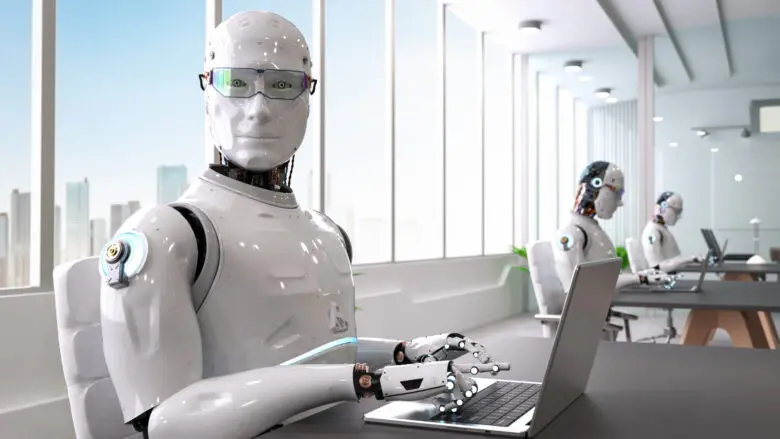According to a recent survey conducted by Pew Research Center, nearly three-quarters of young Americans believe that it’s likely that robots and computers will take over many jobs currently done by humans. The fear of job losses due to automation is particularly prevalent among young people, with 40% of 18 to 29-year-olds expressing concern about their job security.
One of the main reasons why AI is causing anxiety about job losses is that it can perform many tasks faster, and at a lower cost than humans. For example, AI-powered chatbots can handle customer inquiries 24/7, while machine learning algorithms can analyze vast amounts of data and identify patterns that humans might miss.
As AI technology improves, it’s likely that it will become even more adept at performing a wide range of tasks, from manufacturing and transportation to healthcare and finance.
Another concern is that AI will lead to a significant shift in the types of jobs available, with many low-skilled jobs becoming obsolete. For example, self-driving cars could eliminate the need for truck drivers, while automated assembly lines could replace factory workers. This could leave many young people without job opportunities, particularly if they lack the skills needed to adapt to new industries.
AI will also create new job opportunities
However, it’s worth noting that some experts believe that AI will create new job opportunities, particularly in the tech industry. For example, as more companies adopt AI technologies, there will be a growing demand for AI engineers and data scientists who can design and maintain these systems. Additionally, AI is likely to create new types of jobs in fields such as healthcare, education, and entertainment.
Despite the potential for new job opportunities, the fear of job losses due to AI is a valid concern, particularly among young people. To address this issue, policymakers, educators, and business leaders must work together to ensure that workers have the skills needed to succeed in an AI-driven economy. This might include investing in education and training programs that teach workers how to use AI technologies, as well as providing incentives for companies to create new job opportunities.
In conclusion, AI has most young people scared about job losses, and this fear is not unfounded. While AI has the potential to create new job opportunities, it’s also likely to disrupt the job market and lead to significant job losses, particularly in low-skilled industries.
As such, it’s important for policymakers, educators, and business leaders to take steps to address this issue and ensure that workers are equipped with the skills needed to succeed in an AI-driven economy.





